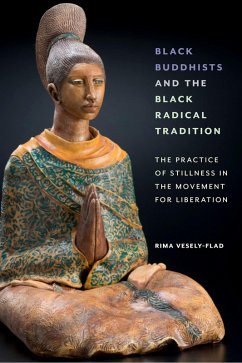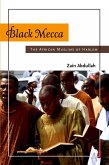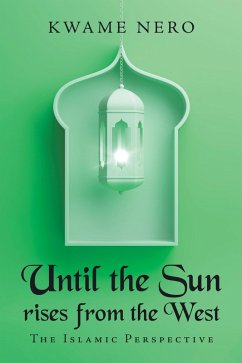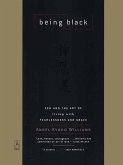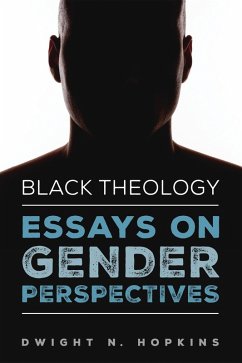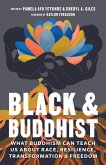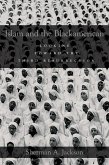Explores how Black Buddhist Teachers and Practitioners interpret Western Buddhism in unique spiritual and communal ways
In Black Buddhists and the Black Radical Tradition, Rima Vesely-Flad examines the distinctive features of Black-identifying Buddhist practitioners, arguing that Black Buddhists interpret Buddhist teachings in ways that are congruent with Black radical thought. Indeed, the volume makes the case that given their experiences with racism-both in the larger society and also within largely white-oriented Buddhist organizations-Black cultural frameworks are necessary for illuminating the Buddha's wisdom.
Drawing on interviews with forty Black Buddhist teachers and practitioners, Vesely-Flad argues that Buddhist teachings, through their focus on healing intergenerational trauma, provide a vitally important foundation for achieving Black liberation. She shows that Buddhist teachings as practiced by Black Americans emphasize different aspects of the religion than do those in white convert Buddhist communities, focusing more on devotional practices to ancestors and community uplift.
The book includes discussions of the Black Power movement, the Black feminist movement, and the Black prophetic tradition. It also offers a nuanced discussion of how the Black body, which has historically been reviled, is claimed as a vehicle for liberation. In so doing, the book explores how the experiences of non-binary, gender non-conforming, and transgender practitioners of African descent are validated within the tradition. The book also uplifts the voices of lesbian, gay, bisexual, and queer Black Buddhists. This unique volume shows the importance of Black Buddhist teachers' insights into Buddhist wisdom, and how they align Buddhism with Black radical teachings, helping to pull Buddhism away from dominant white cultural norms.
In Black Buddhists and the Black Radical Tradition, Rima Vesely-Flad examines the distinctive features of Black-identifying Buddhist practitioners, arguing that Black Buddhists interpret Buddhist teachings in ways that are congruent with Black radical thought. Indeed, the volume makes the case that given their experiences with racism-both in the larger society and also within largely white-oriented Buddhist organizations-Black cultural frameworks are necessary for illuminating the Buddha's wisdom.
Drawing on interviews with forty Black Buddhist teachers and practitioners, Vesely-Flad argues that Buddhist teachings, through their focus on healing intergenerational trauma, provide a vitally important foundation for achieving Black liberation. She shows that Buddhist teachings as practiced by Black Americans emphasize different aspects of the religion than do those in white convert Buddhist communities, focusing more on devotional practices to ancestors and community uplift.
The book includes discussions of the Black Power movement, the Black feminist movement, and the Black prophetic tradition. It also offers a nuanced discussion of how the Black body, which has historically been reviled, is claimed as a vehicle for liberation. In so doing, the book explores how the experiences of non-binary, gender non-conforming, and transgender practitioners of African descent are validated within the tradition. The book also uplifts the voices of lesbian, gay, bisexual, and queer Black Buddhists. This unique volume shows the importance of Black Buddhist teachers' insights into Buddhist wisdom, and how they align Buddhism with Black radical teachings, helping to pull Buddhism away from dominant white cultural norms.
Dieser Download kann aus rechtlichen Gründen nur mit Rechnungsadresse in A, D ausgeliefert werden.

